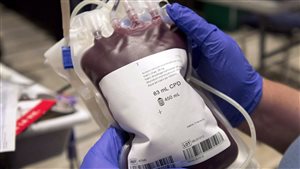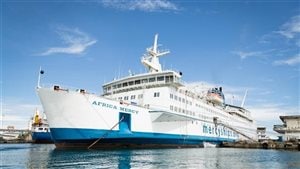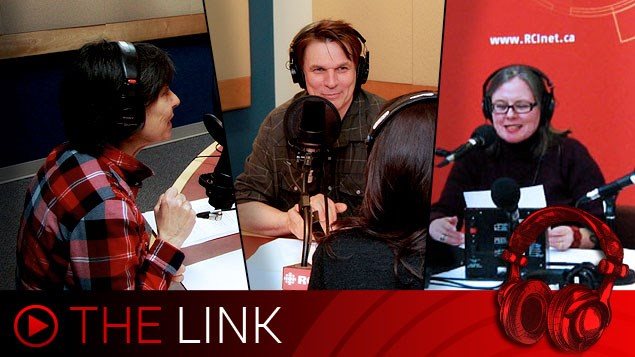Your hosts today Lynn, Carmel, Marc
Listen
In the 1980’s Canada purchased blood from the United States, collected through their system of paying donors.
The blood was improperly screened and the result was a huge political scandal after hundreds of transfusion patients in Can ended up contracting HIV and Hepatitis-C. and many died. One victim, Andy Cumming, says the idea of paying for blood attracts exactly the kind of people and their lifestyle from whom you would not want to collect blood.
In a subsequent inquiry, one of the major conclusions was that blood donors should not be paid except in exceptional circumstances. Yet the province of Saskatchewan has just allowed a paid donor clinic to open.
Lynn spoke with Mr Cumming who is also a member of a group called BloodWatch, campaigning against paid blood clinics.
*

There has been much opposition to several international trade deals being negotiated recently.
One of the big concerns is the secrecy surrounding these deals, such as CETA the Comprehensive Economic Trade Agreement between Canada and the EU.
Now that the details have been released and CETA is proceeding toward approval and implementation, such groups say their original concerns have been borne out. They say the deal benefits corporations and not people. They also say its corporations too much power to influence public policy, thereby weakening sovereignty.
Marc spoke to Sujata Dey, trade campaigner with the advocacy group The Council of Canadians.
*

Usually Dr Sherif Emil works in Montreal’s new Children’s Hospital.
As a paediatric surgeon he helps to better the lives of infants and children.
However, for the past two weeks, he’s been thousands of kilometres from Montreal, halfway around the world on a specialized hospital ship docked on the east coast of Madagascar.
The ship is called Africa Mercy and that’s where Carmel reached him earlier this week to talk about the work he’s doing, and his pride and great satisfaction at being able to help there, and the great need for such help in that part of the world.
**As always your comments are welcome and can be given through the form at the bottom of each page. By scrolling down further you can read the comments already posted.







For reasons beyond our control, and for an undetermined period of time, our comment section is now closed. However, our social networks remain open to your contributions.